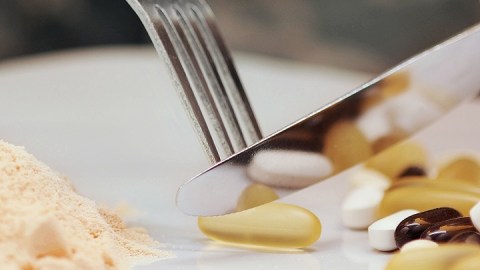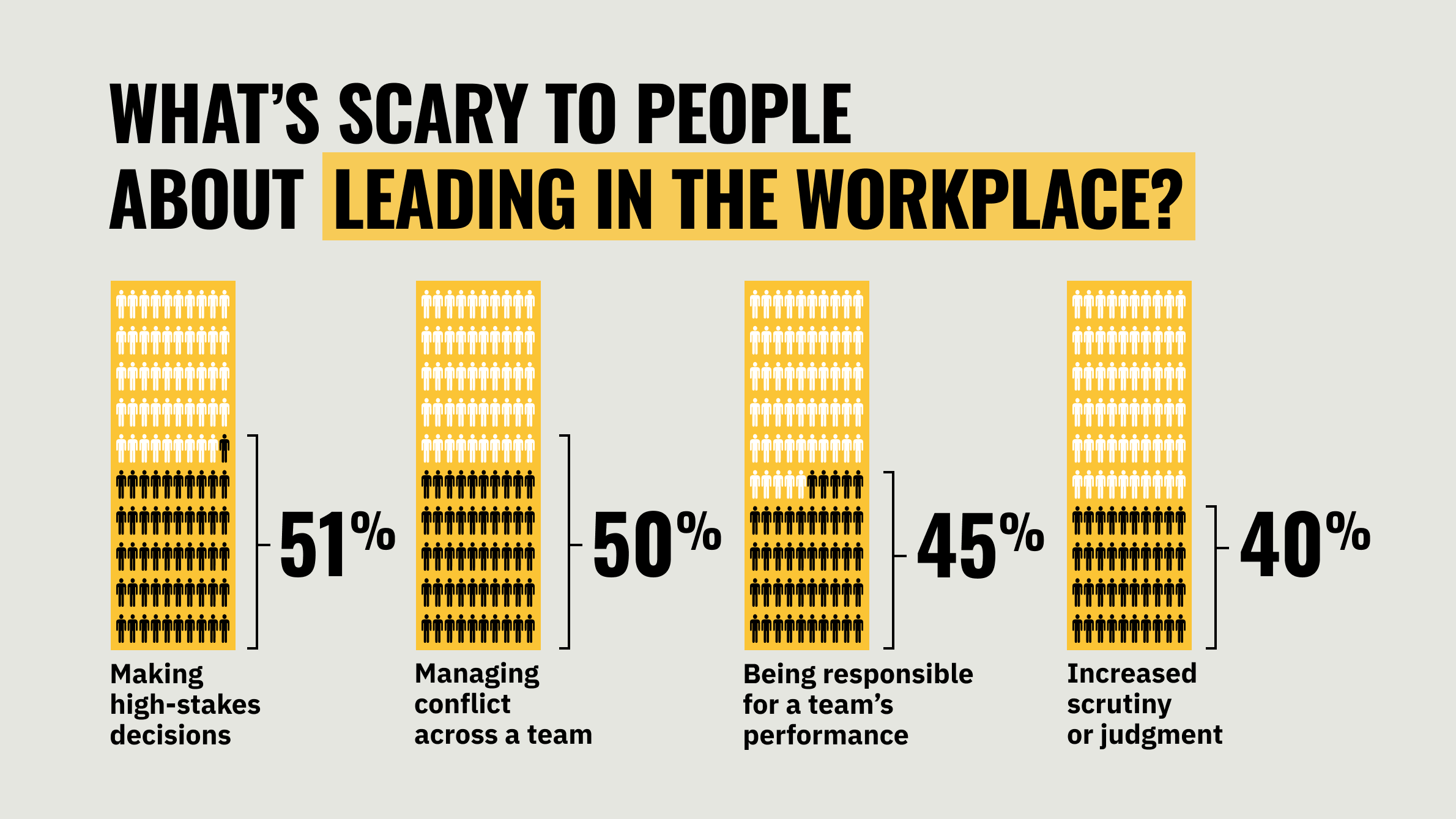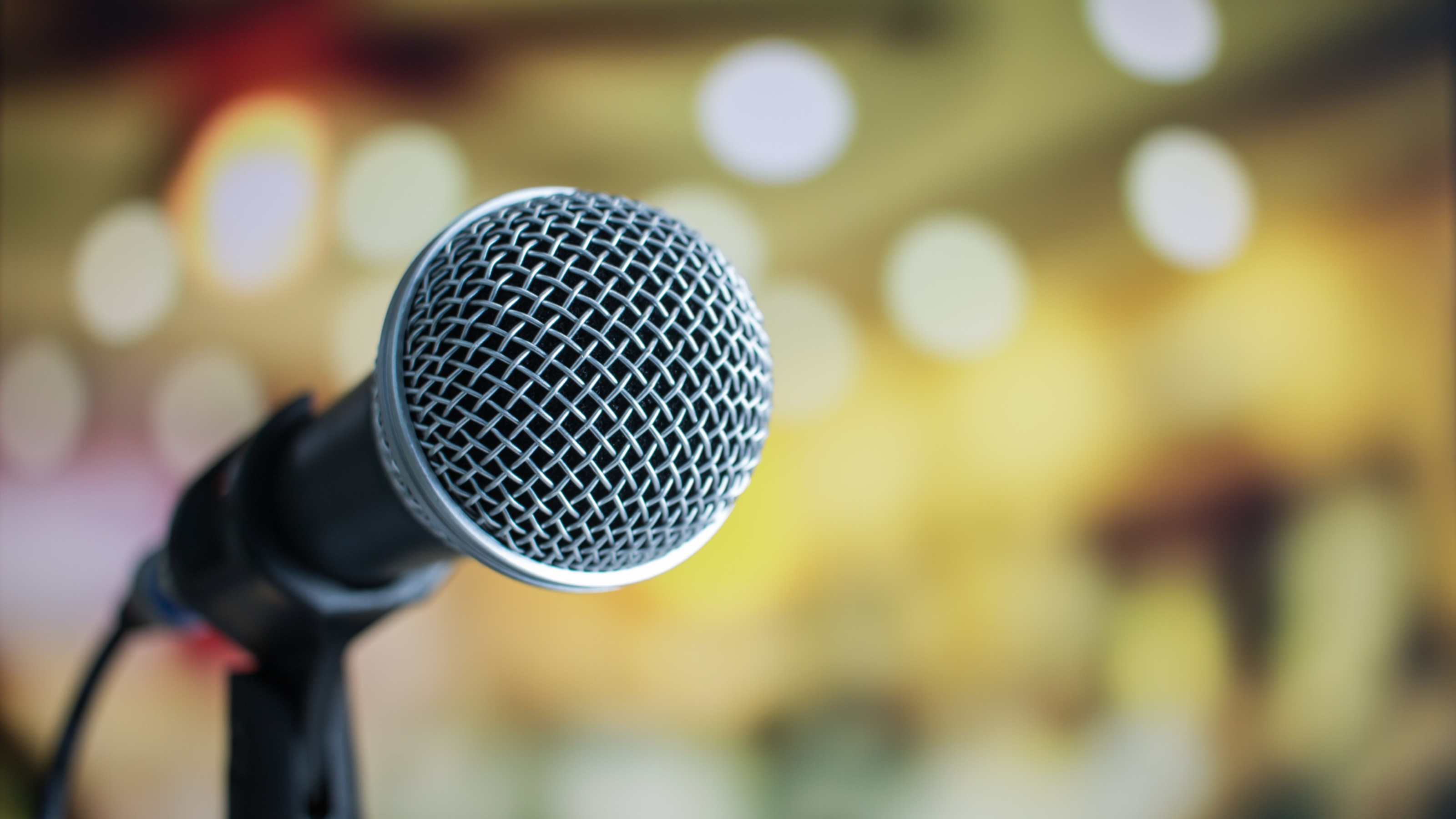Probiotics, prebiotics, and placebos: which is more effective?

Do you take probiotics? The idea of a “healthy gut flora” might have gotten you laughed out of the room just five years ago, but they’ve slowly become far more accepted and are now firmly in the mainstream. About 1.6% of America (3.7 million people) took them either regularly or semi-regularly in 2017, which is 3 million more than in 2012 according to the U.S. Department of Health and Human Services.
As more studies link a healthy gut with a decreased risk of depression, there’s a strong chance that number will grow even higher. But are they effective? Well, yes and no. According to Scientific American, if you’re already healthy, they’ll do very little. But to many (self-included!) they do seem to help you keep regular and keep you happier. Never thought I’d be admitting that out into the internet ether, but there you go.
In a study by the Tehran University of Medical Sciences, 110 depressed patients were given either a probiotic (Lactobacillus helveticus and Bifidobacterium longum), a prebiotic (galactooligosaccharide), or a placebo to take for 8 weeks. Here’s what they found:
A total of 81 subjects (aged 36.5 ± 8.03 y; mean (95% CI), 2.27 (1.76-2.93) y of depression duration) completed the trial (28 in the probiotic group, 27 in the prebiotic group, and 26 in the placebo group). From baseline to 8 weeks, probiotic supplementation resulted in a significant decrease in BDI score (17.39-9.1) compared to the placebo (18.18-15.55) and prebiotic (19.72-14.14) supplementation (p = 0.042). Inter-group comparison indicated no significant differences among the groups in terms of serum kynurenine/tryptophan ratio and tryptophan/BCAAs ratio. However, the kynurenine/tryptophan ratio decreased significantly in the probiotic group compared to the placebo group after adjusting for serum isoleucine (p = 0.048). In addition, the tryptophan/isoleucine ratio increased significantly in the probiotic group when compared to the placebo group (p = 0.023).
If you’re having trouble deciphering that: researchers found that probiotics actually do work, while prebiotics were only a little more effective than the placebo.
Granted, prebiotics are really supposed to be taken with probiotics, as they enhance their effect. But on their own, they do very little. You could probably save a lot of money by just eating more asparagus, bananas, leeks, or onions, which are loaded with natural prebiotics.





